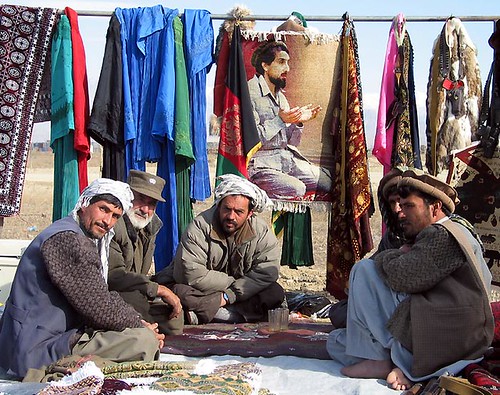The combination of the traditional and the contemporary is critical to innovation in the arts. This combination juices any art: literature, painting, architecture, and of course, carpets. NYC has an excellent example of this important combination in the new Hearst Building.

Larger image from wirednewyork.com
NEW YORK architecture has suffered a lot in recent years. The brief optimism born of a public rebellion against early proposals for ground zero has long since given in to cynicism. Since then it has often seemed that fear and melancholy have swamped our creative confidence.
Norman Foster’s new Hearst Tower arrives just in time, slamming through the malaise like a hammer. Crisscrossed by a grid of bold steel cross-braces, its chiseled glass form rises with blunt force from the core of the old 1928 Hearst Building on Eighth Avenue, at 57th Street. Past and present don’t fit seamlessly together here; they collide with ferocious energy.
Link: Nicolai Ouroussoff of the NY Times

Image from cantorseinuk.com
New York City needs more of this kind of thing.




































